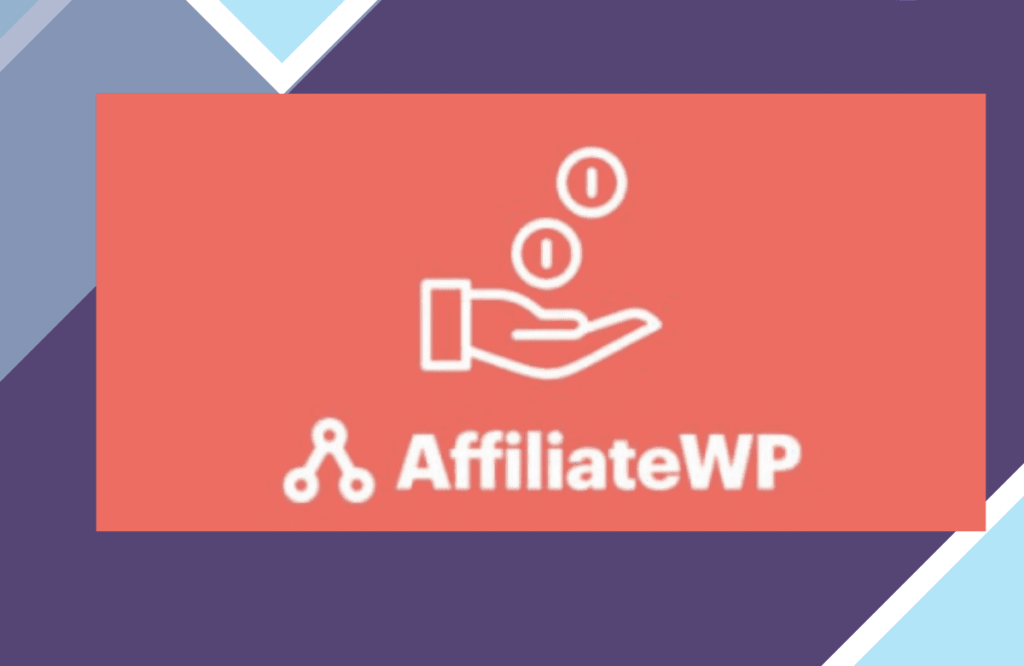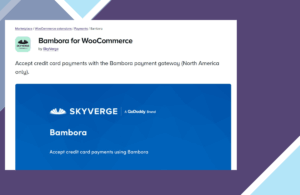Do you use AffiliateWP, but you would like affiliates to support another WordPress-based site? If so, this free add-on is for you then.
Let’s say there are 2 websites for you, SiteA.com and SiteB.com:
SiteA.com web
This is where AffiliateWP and the eCommerce/membership framework of your choosing are already mounted.
SiteB.com SiteB.com
This is where the add-on for External Referral Connections will be mounted on a completely different website with its own WordPress installation. It was set up on SiteA.com to advertise the goods and/or services and operates solely as a marketing site.
To promote SiteB.com, you tell your affiliates and they go ahead and share their referral connection, which will usually look like one of the following:
HTTP http:/siteb.com/? Ref=123
HTTP http:/siteb.com/? Ref=john
Note: External Referral Links only operate with affiliate links that are not pretty. Also, only when the outgoing like is clicked to return to the main site where AffiliateWP is mounted, a visit entry will not be generated for the external site link.

A client clicks on the referral connection for the affiliate and arrives at siteB.com. They are completely pleased with what they see and click on one of your different buttons or links for “call to action.” The customer makes a transaction after arriving on SiteA.com, you receive a discount, and everyone is pleased… or are they?
The subsidiary who initially recommended the customer did not receive a sales commission-why is that?
This is simply because Site A, not Site B, is configured with AffiliateWP. Nothing happened when the customer clicked on the connection shared by the affiliate. On site B, there was no code interpreting the affiliate’s ID or username in the URL.
You may think that this problem will be solved by installing AffiliateWP and your eCommerce or membership system on Site B. They have different databases because they are separate pages, which means separate data. The data from the two pages is not shared in any way.
But how when the consumer buys, do affiliates support site B but receive a commission on site A? The answer is reasonably straightforward. By collecting the ID or username of the affiliate from the URL (including the referral variable) and passing it on to any links that connect to site A within the site.
External Referral Connections do precisely this. It will take the ID or username of the affiliate from the URL and store it in the customer’s browser as a cookie. The affiliate ID or username would then be intact on every page on site B that connects to site A.
The customer can freely switch between pages on site B because a cookie is used, and it will still connect correctly. You may also set the expiry of the cookie; if the client leaves the website and returns later, it will remember which affiliate referred them.









